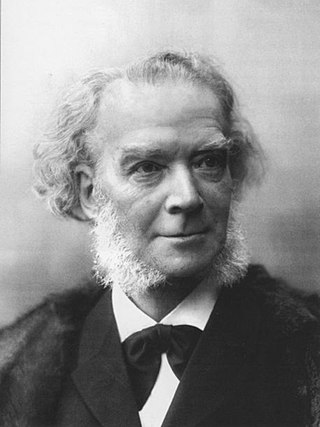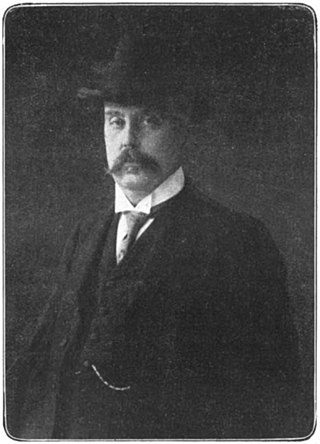This article is about music-related events in 1840.

Joseph Joachim was a Hungarian violinist, conductor, composer and teacher who made an international career, based in Hanover and Berlin. A close collaborator of Johannes Brahms, he is widely regarded as one of the most significant violinists of the 19th century.

Carl Heinrich Carsten Reinecke was a German composer, conductor, and pianist in the mid-Romantic era.

The Melos Quartet was a much-recorded, Stuttgart-based string quartet active from 1965 until 2005, when its first violinist died. It also went by the name Melos Quartett Stuttgart, partly to distinguish itself from the equally prominent chamber group the Melos Ensemble of London.

Ferdinand Ernst Victor Carl David was a German virtuoso violinist and composer.

Heinrich August Matthaei was a German violinist and composer. He was for many years concertmaster of the Leipzig Gewandhaus Orchestra.
Dietmar Hallmann is a German musician who was professor for viola and chamber music at the University of Music and Theatre Leipzig.
Gerhard Bosse was a German violinist and conductor.
Hans-Christian Bartel was a German violist and composer.
Karl Johann Suske is a German violinist. In the course of his more than forty-year career as a musician, Suske has been first concertmaster of the Staatskapelle Berlin, the Leipzig Gewandhaus Orchestra as well as the Bayreuth Festival orchestra. He was also a member of the Leipzig Gewandhaus Quartet and founder of a quartet named after him in Berlin. Until 1990 Suske held professorships at the Hochschule für Musik Franz Liszt, Weimar and the University of Music and Theatre Leipzig.

Franz Arno Hilf was a German violin virtuoso. Among others, he was Konzertmeister of the Leipzig Gewandhaus Orchestra and primarius of the Gewandhaus Quartet.
Johann Georg Hermann Voigt was a German organist, cellist, violist and composer.
Claudius Böhm is a German librarian and author.
Karl Johannes Max Strub was a German violin virtuoso and eminent violin pedagogue. He gained a Europe-wide reputation during his 36 years of activity as primarius of the Strub Quartet. Stations as concertmaster led him from the 1920s to the operas of Stuttgart, Dresden and Berlin. Appointed Germany's youngest music professor at the Hochschule für Musik Franz Liszt, Weimar in 1926, he followed calls to the Berlin University of the Arts and, after the Second World War to the Hochschule für Musik Detmold. Strub was a connoisseur of the classical-romantic repertoire, but also devoted himself to modern music, among others he gave the world premiere of Hindemith's Violin Sonata No. 2 in D major. He promoted the music of Hans Pfitzner. Strub played on a Stradivari violin until 1945; numerous recordings from the 1930s/40s document his work.
The Strub-Quartett was a well-known German string quartet from Berlin (1929–1945) and Detmold (1945–1965), named after primarius Max Strub.

Abraham "Bram" Eldering was a Dutch violinist and music pedagogue.
August Louis Hermann Heinrich Schachtebeck was a German violinist, conductor and university lecturer.

Georg Wille was a German cellist.
The Philharmonia Quartet Berlin is a string quartet founded in 1985 by members of the Berlin Philharmonic.
Jürgen Hinrich Hewers was a German violinist and concertmaster.








